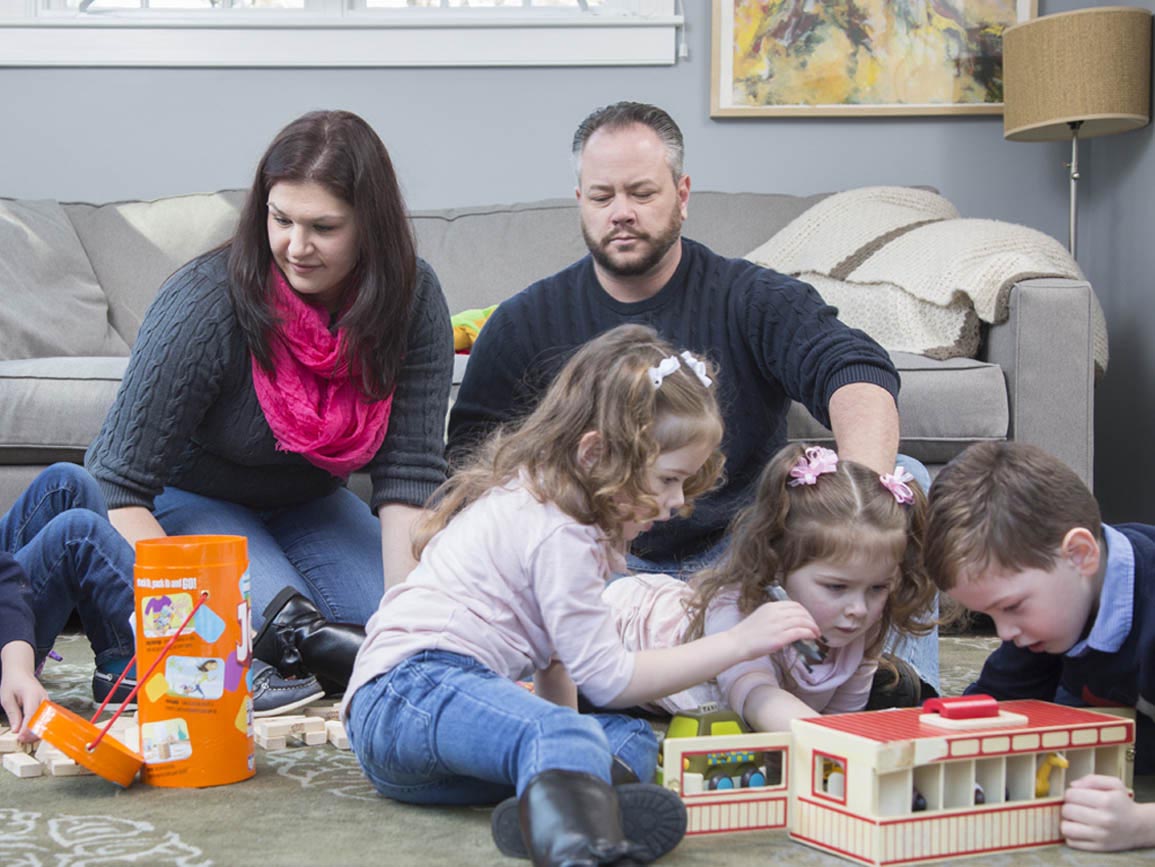Next week is Laboratory Professionals Week so I thought it would be a great time to explain career paths in medical laboratories. So, you go to the doctor and they give you a lab slip to have a blood draw done. A phlebotomist draws your blood and a few days later you get results from your physician. But what happens in between? This is where medical laboratory science professionals work their magic.
Laboratory professionals test your blood in different ways depending on the test ordered by physicians. A CBC or complete blood count, which estimates the white and red cells, is often performed. Chemical composition, typing, and more can also be checked. To do this they may place blood in a machine that looks at how it responds to light. They may also use a centrifuge which spins your blood until it separates. Microscopes and other high-tech lab equipment may also be used. The resulting data is used to look for clues that can help with diagnosis and treatment of disease and is then forwarded to the prescribing physician for treatment. Follow- up tests to assess how well treatment is working are just another piece of the treatment puzzle.
It’s more than just that blood. Laboratory professionals also analyze body fluids for chemical content. They look for bacteria, parasites, and other microorganisms. When tumors are removed urgent testing may need to be performed to ensure all bad tissue was removed during surgery. They play a critical role in the healthcare team collecting information so patients receive the best care.
Laboratory Personnel
A hospital laboratory typically employs phlebotomists that perform specimen collections, laboratory assistants that often prepare the specimens, Medical Laboratory Technicians (MLT) or Clinical Laboratory Technicians (CLT) that perform routine testing, and Medical Laboratory Scientists (MLS) or Specialists (MLSp) that perform advanced testing and interpret results. All of these professions work in tandem to detect changes that occur in the disease process. To see the multitude of roles that may be found in a lab, check out this site - Medical Laboratory Professionals: Who's Who in the Lab | Lab Tests Online.
A Career That Can Grow With You
Laboratory science is a critical healthcare field with good salaries and advancement opportunities. You can start in the profession with just a high school diploma and a certification and grow your career to a professional doctorate or medical doctor level. Most of the profession is baccalaureate-prepared or less. The growth rate is higher than average with an expected 7% rate, according to the Bureau of Labor Statistics.
You can start with just a certificate or associate’s degree. A phlebotomist or histologic technician position can be obtained with a high school diploma and a training program. At the associate level, you can qualify for the MLT or CLS exam. A typical next step is a bachelor’s in medical laboratory science and eligibility for the MLS credential. You can see more on all of the available national exams and credentials at the American Society for Clinical Pathology (ASCP). Just be sure to attend an accredited program so you qualify for the exams! NAACLS provides a list of programs at NAACLS - National Accrediting Agency for Clinical Laboratory Science.
After the Medical Laboratory Scientist credential, advancement can come in several different forms - through formal college programs or on-the-job training and specialization. You can choose to specialize in clinical chemistry, immunology, or microbiology, to name just a few. A list of further credentials can be found on the ASCP site. Labs also employ Pathologists, which are the medical doctors (MD or DO) responsible for a patient’s diagnosis and some of the larger facilities may have professionals with a clinical doctorate that manage the facility and are the liaison between the clinical laboratory and professionals treating the patient.
I hope this information provides you with a small window into the profession. For more information, I would encourage you to explore the American Society for Clinical Pathology site.
References:
Bureau of Labor Statistics, U.S. Department of Labor, Occupational Outlook Handbook, Clinical Laboratory Technologists and Technicians,
at https://www.bls.gov/ooh/healthcare/clinical-laboratory-technologists-and-technicians.htm
American Society for Clinical Pathology, at https://www.ascp.org/content and https://www.ascp.org/content/careers/learn-about-careers
National Accrediting Agency for Clinical Laboratory Science, https://www.naacls.org/about.aspx
Lab Tests Online, Medical Laboratory Professionals: Who’s Who in the Lab at https://labtestsonline.org/articles/medical-laboratory-professionals





